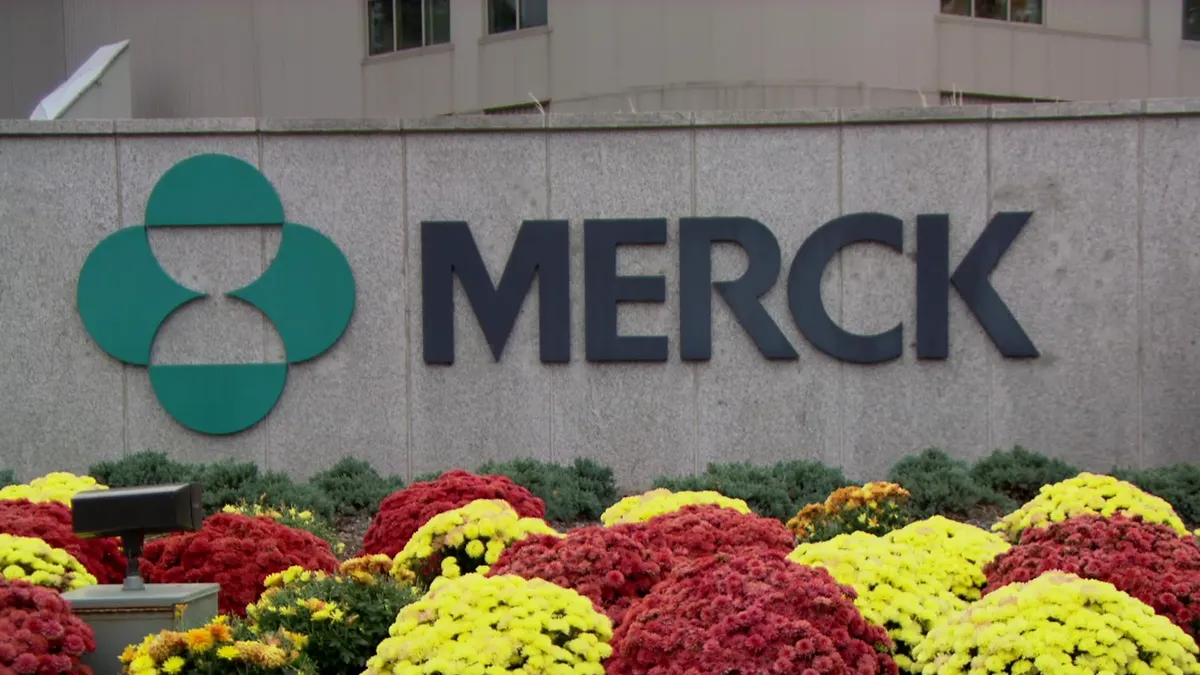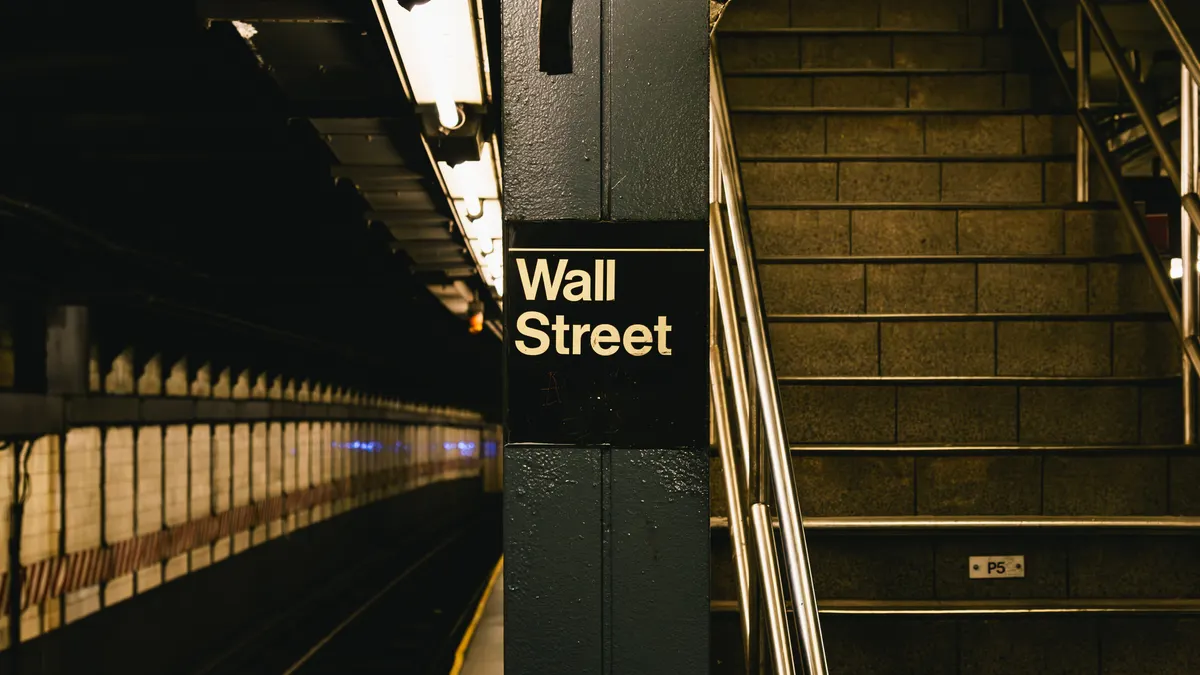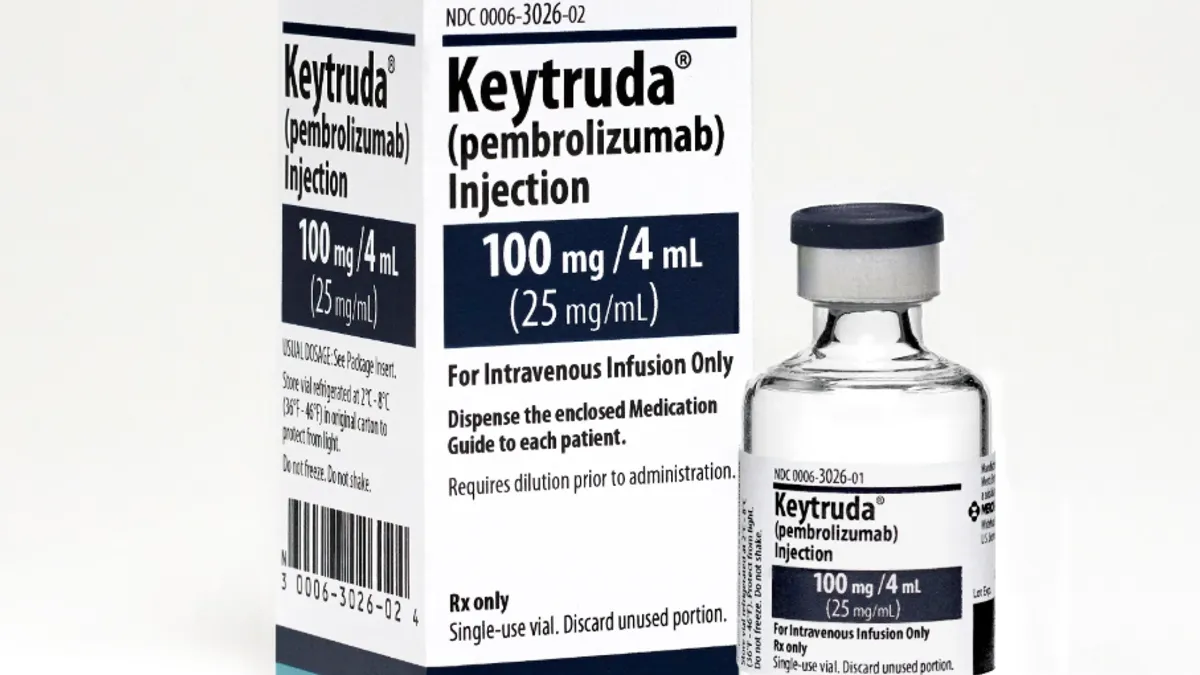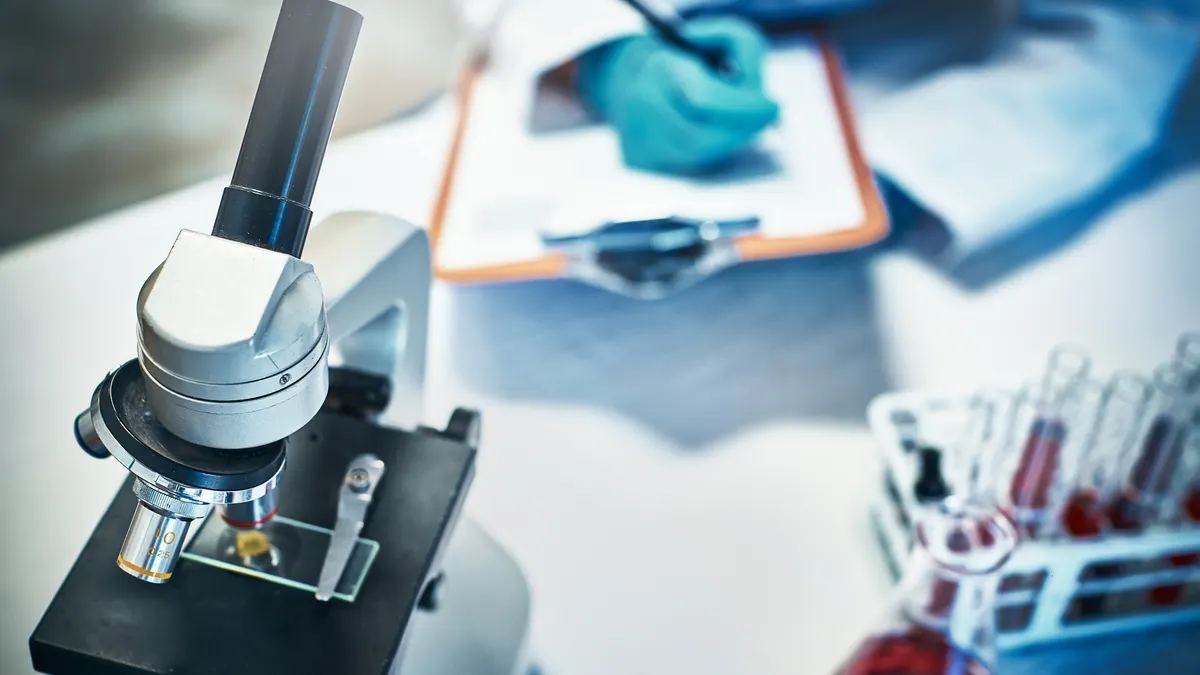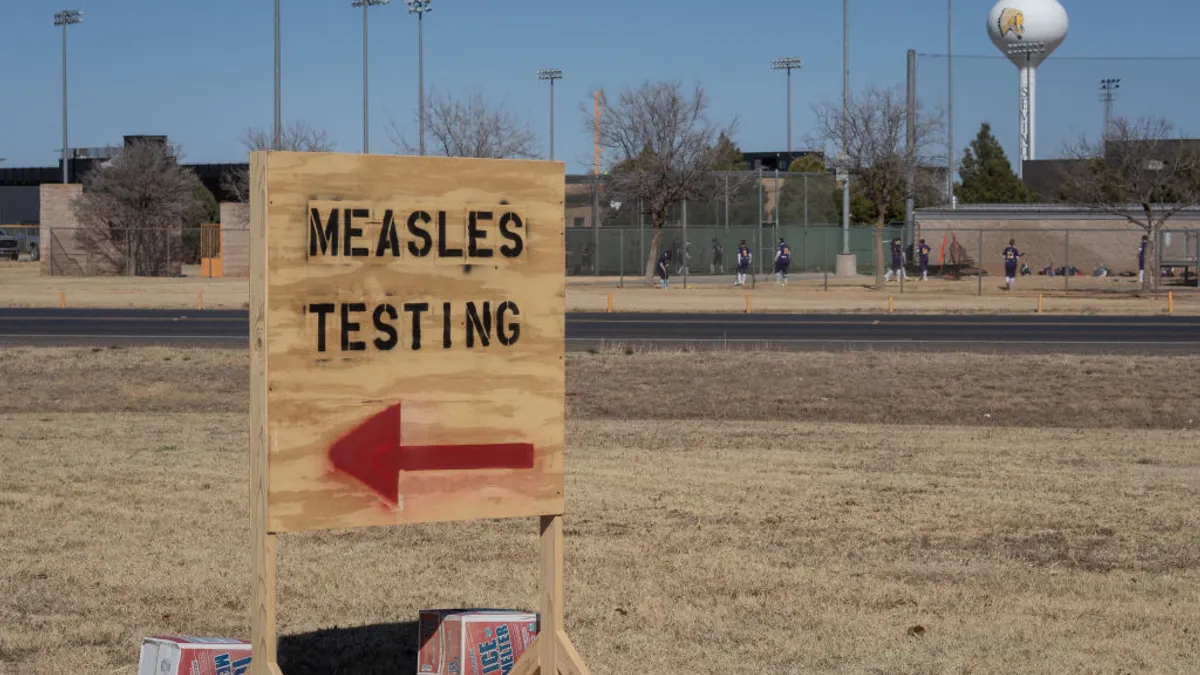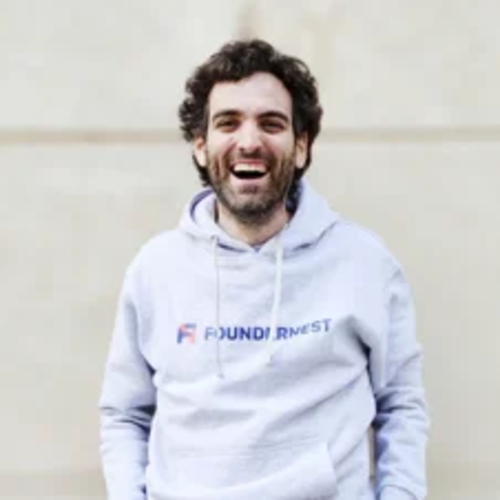Bringing innovation to patients with serious CNS conditions
Sparking innovation by…
Transforming the discovery and development of central nervous system treatments
 Antony Loebel, M.D.
Antony Loebel, M.D.
Title: President and CEO
Company: Sunovion Pharmaceuticals Inc.
Education: B.A., University of Washington; M.D., University of Washington — School of Medicine
Industry Awards: PharmaVOICE 100 — 2019, 2013; 2019 CNS Summit Leadership Award; 2015 Award for Leadership, International Society for CNS Drug Development
Associations: PhRMA, Fellow of the American Psychiatric Association; Fellow of the American College of Neuropsychopharmacology
Giving Back: Sunovion Hands On! Community Service program
Twitter: Medicine
Antony Loebel, M.D., has a mission to transform the field of central nervous system (CNS) drug discovery and development, which began while as a resident in psychiatry and research fellow in clinical neurosciences at the Zucker Hillside Hospital in New York, which is renowned for psychiatric research. After treating individuals and small groups of patients, Dr. Loebel, who is a board-certified psychiatrist, a clinical assistant professor of psychiatry at the New York University School of Medicine, a fellow of the American Psychiatric Association, and a fellow of the American College of Neuropsychopharmacology, wanted to have a bigger impact, including opportunities to investigate new medications, to conduct clinical trials, and to bring new therapies forward.
To fulfill these goals, Dr. Loebel joined Pfizer nearly 20 years ago serving in several drug development and medical affairs roles before moving on to Sunovion Pharmaceuticals in 2007 as VP clinical development. He then became chief medical officer in 2011 and was named president and CEO of Sunovion in 2019. Dr. Loebel was instrumental in the development of Latuda, which became an industry leading medicine for patients with bipolar depression; it is also approved for the treatment of adults, as well as adolescents, with schizophrenia.
PV: As president and CEO, how are you guiding Sunovion’s trajectory to become the premier central nervous system company?
Loebel: At Sunovion, we are focused on the successful development of new treatments for patients with brain disorders, as well as bringing innovation to research and development. I’ve committed myself and our teams to continuously rethink and reinvent neuropsychiatric drug discovery in terms of both compounds and development methodologies to be able to identify new drug candidates that are superior to existing pharmacotherapies across a range of neuropsychiatric disease areas.
 For example, in executing an efficient and clinically informed development program for Latuda, we were able to gain FDA approval and bring the drug to market for patients with schizophrenia in 2011 more quickly than envisioned. The Latuda development experience also served as a springboard for Sunovion’s later drug discovery and development efforts. As an organization that aims to learn constantly, we creatively, but rigorously analyzed this and other molecules, with an eye toward a deep understanding of mechanism of action, pharmacological profile, and effects on relevant brain regions and neural pathways using advanced imaging and other methods to try to get at the basic question: how do these medications work at the molecular level and then what can we do to improve and refine them? We do this by interrogating the large database of clinical trials we have generated using advanced machine learning and AI methods among other approaches.
For example, in executing an efficient and clinically informed development program for Latuda, we were able to gain FDA approval and bring the drug to market for patients with schizophrenia in 2011 more quickly than envisioned. The Latuda development experience also served as a springboard for Sunovion’s later drug discovery and development efforts. As an organization that aims to learn constantly, we creatively, but rigorously analyzed this and other molecules, with an eye toward a deep understanding of mechanism of action, pharmacological profile, and effects on relevant brain regions and neural pathways using advanced imaging and other methods to try to get at the basic question: how do these medications work at the molecular level and then what can we do to improve and refine them? We do this by interrogating the large database of clinical trials we have generated using advanced machine learning and AI methods among other approaches.
In the case of Latuda, this has led to multiple novel insights and discoveries about the nature and symptom structure of schizophrenia. Advances in the methods we use to assess patients has given us the potential to better understand and more effectively study new drug treatments in future trials. Overall a focus on innovation to bring novel therapies to patients is a theme that runs throughout my professional career.
At Sunovion, we are focused on the development of novel treatments for patients with brain disorders, as well as bringing new innovation to research and development. I’ve committed myself and our teams to continuously rethink and reinvent neuropsychiatric drug discovery in terms of both compounds and development methodologies to be able to identify new drug candidates that are superior to existing pharmacotherapies across a range of neuropsychiatric disease areas.
Importantly, we do this in close collaboration with our parent company, Sumitomo Dainippon Pharma, which allows us to leverage the deep scientific insights and expertise of our R&D colleagues in Japan.
As a result, several compounds with novel mechanisms of action have been identified by discovery and translational medicine scientists at Sunovion and these are now moving through various stages of preclinical and clinical development. In particular, the company is working on SEP-363856, now known as ulotaront, intended for the treatment of serious psychiatric illness. Ulotaront has a truly novel mechanism of action and has received breakthrough therapy designation from FDA.
PV: How do you keep your teams inspired and upbeat when failure could potentially happen in the complex area of CNS drug development?
Loebel: I deeply believe that our work is a privilege. Every day we have an extremely empowering and energizing opportunity, one that should be grasped with both hands to apply our experiences and perspectives to create new treatment options that will help people with serious medical conditions. I encourage employees to see what we do as a higher calling no matter what their role at the company. We can all be extremely proud of what we do. This notion of doing something that goes beyond ourselves that is bigger and more important than anyone of us can accomplish by ourselves and the opportunity to possibly impact the well-being of others puts a spring in my step as I come to work every day.
My leadership strength is centered in large part on my medical background and training in psychiatry, my experience and leadership in R&D and medical affairs, and how I have adapted these experiences to the needs of Sunovion and our global organization. I have a strong medical background, which is still somewhat rare at the CEO level in our industry. I’m keenly aware of how clinicians think through the assessment and treatment of patients in search of the best possible outcomes, and in so doing what factors drive us to adopt new or more recently approved therapies.
That said, I’m very aware of the full range of stakeholders that play a major role in the healthcare ecosystem, not only the role of practitioners but also a wide range of payers, a complex market access system, as well as family and caregivers, and what we can do to support and add value to the holistic process of serving the needs of patients.
As a company we are aware of the many needs of patients and families, how badly we need new treatment options and how far off we remain from ideal therapies with high efficacy, safety, and patient acceptability. Therefore, I am particularly sensitive to ensuring that we prioritize what will have the most potential impact for patients and that we fulfill our mission to improve and transform the lives of patients with serious psychiatric and neurological conditions. To accomplish all this, a motivated and engaged workforce, with a passion to achieve our objectives, is absolutely essential.
One of the things I do is focus on ensuring we have the best possible, diverse range of people who are able to drive us forward based on their individual and collective capabilities and experience.
We are only as good as our people, and I’m very proud and grateful to lead an organization with such stellar capabilities and talent. To do this, we emphasize as a leadership team the need to bring together a diversity of perspectives, thoughts, and backgrounds across all areas of the company.
While managers and leaders may make final decisions, I feel it’s imperative that all employees operate in an inclusive environment where everyone is heard and can contribute and speak up freely particularly where the opinion might be unconventional or one not previously considered.
Ultimately, we all share the same company goals and vision and operate with mutual respect as one team.
I also remind employees that we will not always succeed, but we will always be persistent and resilient and learn from what we and others around us have done. We want to take measured, reasonable risks recognizing that human biology particularly as it relates to the brain can be and is often unpredictable. Layered on top of this, the need to ensure an investigational agent is not only effective, but safe and well-tolerated is a complex and challenging task. We always need to strive for the right balance between risk and greater certainty as we move forward. I am grateful that as a successful commercial organization we are able to bring the necessary resources to continue our exploration of important new therapies for patients.
PV: Sunovion is also community-focused — tell us about your Hands On! program and other work in corporate social responsibility.
Loebel: I am proud that Sunovion gives back through our Hands On! community service program, which began in 2012. I have volunteered alongside our employees to build stronger communities where we live and work. Our employees have volunteered over 32,000 hours to support projects focused on science and educational initiatives for youth, community relief efforts, and health and medical needs.
We also strive to encourage and inspire the next generation with the excitement of innovation and applied science. It’s imperative for the industry to have an ongoing commitment to STEM education and to partner with schools and community organizations to encourage the next generation of innovators to explore potential career paths and new frontiers in life sciences. So, at Sunovion we help a diverse range of students understand life-science career paths within the pharmaceutical industry and we try to foster a deeper interest and knowledge of neuroscience. For example, we have our collaborative initiative with the Advanced Math & Science Academy Charter School or AMSA.
PV: As you look to the future, what would you like your legacy to be?
Loebel: Sunovion has always been a very patient-driven organization from our inception. Our organization is dedicated to serving people living with serious medical conditions and we continue to innovate and provide solutions for patients and their needs through our treatment options, patient support and services, and patient advocacy efforts. In recent years we refreshed our core values, and one is to serve and create value for patients. That is not something that just hangs on a wall. Our people really live this value every day.
My focus continues to be on the need to transform the diagnosis, assessment, and treatment options for people with serious CNS conditions so that at the end of the day we can say we reduced stigma, advocated for those who suffer from these conditions to speak up and be vocal, brought new treatments forward and generally made lives better for people with serious medical conditions affecting the brain.
That said, I really don’t like to think of having a legacy, because I believe my job — our collective task — is not only not over, and it will never be over until we can truly prevent and/or cure the illnesses we deal with. At Sunovion, we cannot rest on our laurels. I encourage our employees to cross over the valleys, get to the next peak, look out at the range ahead, and seek the next mountain to summit.(PV)



